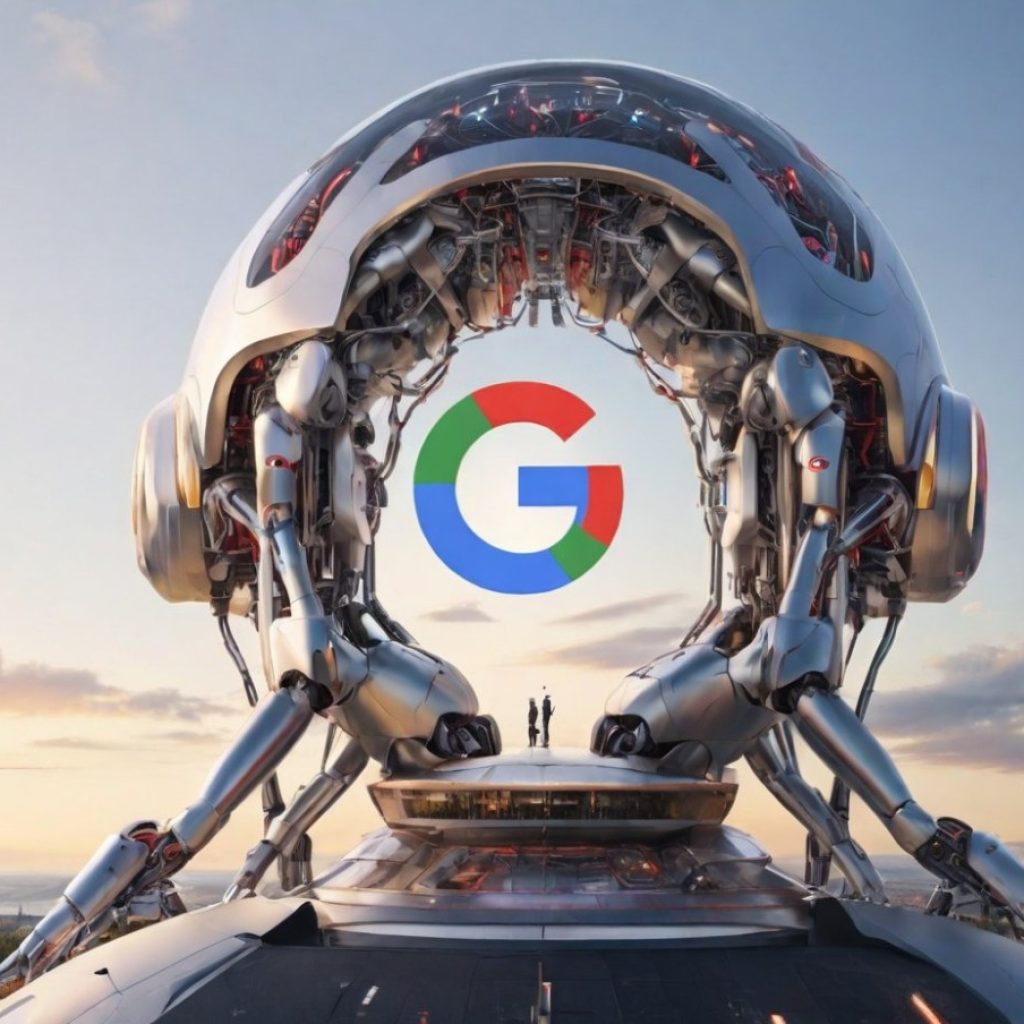In a significant move, OpenAI, the leading artificial intelligence (AI) research organization, has revamped its board of directors without extending invitations to its biggest investors, including tech giant Microsoft, Thrive Capital, and Khosla Ventures.
New board composition
OpenAI recently reinstated co-founder and CEO Sam Altman to the helm of the organization after a controversial ousting by the previous board. The reconstitution of the board saw the appointment of high-profile individuals, including former US Treasury Secretary Larry Summers, former Salesforce co-CEO Bret Taylor, and Quora founder Adam D’Angelo.
These new members have assumed critical roles in shaping the direction of OpenAI, notably without representation from its most substantial financial supporters.
Microsoft’s significant backing
Microsoft, a tech industry giant, stands out as OpenAI’s most prominent backer, having invested over $10 billion in the organization. Khosla Ventures was an early investor, while Thrive Capital led a recent funding round that valued OpenAI at an impressive $80 billion. The board’s decision to exclude these influential investors signals a shift in focus towards OpenAI’s core mission—developing AI for the benefit of humanity—rather than prioritizing financial interests.
OpenAI has been at the forefront of AI research, with its employees claiming significant advancements in the field. However, concerns about the safety of AI technology have surfaced. While details of these safety concerns remain undisclosed, OpenAI researchers have reportedly voiced apprehensions about the potency and potential risks associated with AI.
Analysts weigh in
The decision to exclude key backers like Microsoft from the board has prompted mixed reactions among industry analysts. Some argue that this move could be shortsighted, as Microsoft’s substantial financial support would naturally warrant a say in OpenAI’s strategic direction.
Moreover, OpenAI’s unique structure, operating as a non-profit overseeing a for-profit entity, may face challenges without input from commercial stakeholders.
Microsoft’s interest in OpenAI’s governance has been evident, with Microsoft CEO Satya Nadella expressing a desire for a seat on the board. In a recent statement, Nadella emphasized Microsoft’s commitment to its partnership with OpenAI and hinted at the importance of OpenAI’s leadership in determining the future of their collaboration. Microsoft has also taken steps to bolster its AI capabilities by hiring several former OpenAI employees to form a new AI team within the company.
In response to inquiries about the revamped OpenAI board, a Microsoft spokesperson maintained that they would await an official statement from the board. This development leaves room for potential future collaboration discussions and highlights the importance of transparent communication between OpenAI and its significant stakeholders.





